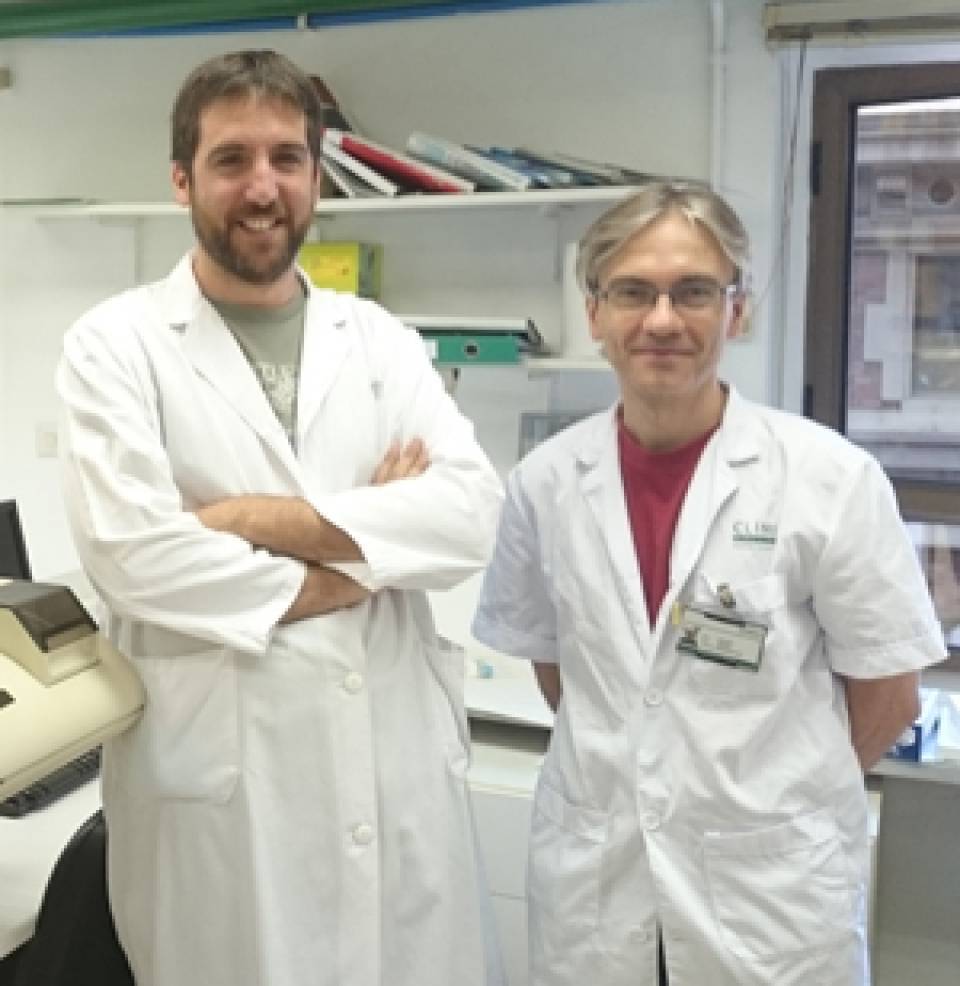Angiogenesis is a physiological process through which new blood vessels are created form the pre-existing ones. It is a normal process during embryonic development, body growth and wound healing. However, it is also fundamental in fibrogenesis and tumor growth. Elucidating the mechanisms involved in this process is crucial to design strategies for the treatment of several diseases.
In mammals, there are three Akt isoforms encoded by three genes which share significant sequence homology and play a key role in the regulation of angiogenesis. These three forms have non-overlaping functions, although the mechanism for this Akt specificity has not been well understood until now. The article published at PNAS, focused on studying the differences between the Akt1 and Akt2 isoforms, identifies Akt1 as the predominant in promoting angiogenesis in the endothelium and influencing multiple signaling networks critical to the vascular growth. The deletion of Akt1 in the animal models used in the study caused abnormalities in vascular maturation and development, which does not happen when the isoform suppressed is Akt2.
This new information is clinically relevant considering the dual role of Akt as a key cell mediator in physiological and pathological conditions. From this proteomic study it will be possible the detection of new therapeutic targets and specific inhibitors, the identification of new biomarkers for pathological conditions and the generation of new therapeutic drugs with a better biosafety profile. Researcher are now focused on assessing the therapeutic potential of these targets of Akt on several pathologies such as chronic liver disease, metabolic disorders, atherosclerosis and cancer.
Article reference:
Endothelial Akt1 mediates angiogenesis by phosphorylating multiple angiogenic substrates.
Lee MY, Luciano AK, Ackah E, Rodriguez-Vita J, Bancroft TA, Eichmann A, Simons M, Kyriakides TR, Morales-Ruiz M, Sessa WC.
ProcNatlAcadSci U S A. 2014 Aug 18. pii: 201408472.

